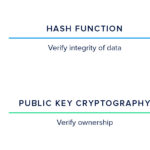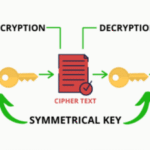In the world of cryptocurrency and digital communications, public key cryptography plays a pivotal role in establishing secure exchanges. One might wonder: how does one locate someone’s public key without transgressing any ethical boundaries? This question invites us to explore the intricacies of public key retrieval through legitimate methods while ensuring respect for privacy and compliance with applicable regulations.
To adequately grasp this topic, we must first establish a foundational understanding of what public keys are. Public keys are cryptographic keys that can be disseminated freely. They facilitate encryption and decryption processes, allowing individuals to securely leave messages for one another. Each public key corresponds to a private key, which must remain confidential to maintain security. The relationship between these two keys is another layer of complexity in this discussion. With the foundational knowledge secured, we can now delve into legitimate means of acquiring public keys.
One of the most straightforward methods to obtain someone’s public key is through the use of digital wallets. Many crypto enthusiasts utilize wallets that offer directory services or user interfaces that display public keys. Some popular wallets, such as Coinbase or MetaMask, outline user-friendly methods for their clients to access and share their public keys. For a novice digital currency user, navigating these platforms can be a challenge, but most provide detailed tutorials to streamline the process. However, one must always ask: Is the user willing to share their public key? Consent is crucial here.
Another avenue worth exploring involves the examination of blockchain transactions. Public keys are often recorded as part of the transaction data on various blockchains. Utilizing a blockchain explorer tool specific to the computing network in question allows one to sift through transactions to discover public keys associated with wallet addresses. This process encapsulates a cacophony of data; however, navigating through the intricacies can yield success. While this method adheres to transparency, reciprocal trust is paramount. A person’s public key should not be pried into without the belief that invoking such scrutiny aligns with ethical standards.
The advent of social media and community forums has revolutionized the exchange of public keys. These platforms are fertile grounds for engagement among crypto users, and many individuals will voluntarily publish their public keys for communal access. Groups on platforms such as Reddit, Discord, or Telegram often host discussions that involve sharing wallets and their public keys. Here lies an intriguing conundrum: while these platforms promote transparency, one must ponder the authenticity of the information being shared. Individuals must exercise due diligence when joining these discussions to avoid scams or misinformation.
In the professional realm, businesses and organizations frequently publish their public keys as part of their identity. For instance, non-fungible token (NFT) projects or blockchain initiatives often need users to access public keys to interact with them. Operating in such environments can lead to seamless transactions and interactions. Nevertheless, while these organizations may profess transparency, the prospective user must carefully analyze the credibility of the information provided. Relying on official channels is advisable for discovering public keys tied to reputable entities.
Word of mouth still holds significant value in the digital age. Networking within cryptocurrency communities can yield fruitful relationships, ultimately providing access to public keys. Engaging with others who share similar interests can lead to opportunities where sharing public keys becomes a norm. This approach emphasizes the human element of crypto as users build relationships based on mutual understanding and trust. That said, one must always remain respectful of the boundaries set by individuals regarding their personal data.
At this juncture, it is essential to consider the ethical implications surrounding public key acquisition. Just because one can access a public key does not mean they should. A profound sense of integrity is needed when navigating this landscape. Public keys might be public, but the motivations behind their acquisition can often blur ethical lines. Adopting a mindset of responsibility and respect while interacting with others in the digital space is necessary if harmonious relationships are to be cultivated.
In conclusion, the process of locating someone’s public key can be approached through various channels while adhering to ethical considerations. From digital wallets to blockchain explorers and social media platforms, each route presents unique challenges and opportunities. Understanding the nuances of accessing public keys reinforces the importance of engagement, consent, and respect in this burgeoning digital age. Ultimately, while the pursuit might prove to be an analytical endeavor, the underlying principles guiding these actions remain paramount. The respectful interaction between crypto holders fosters an environment where public key sharing can occur organically and ethically.









Leave a Comment